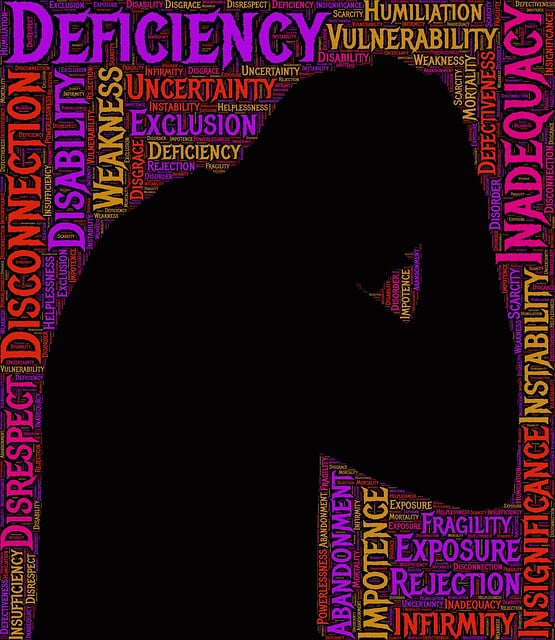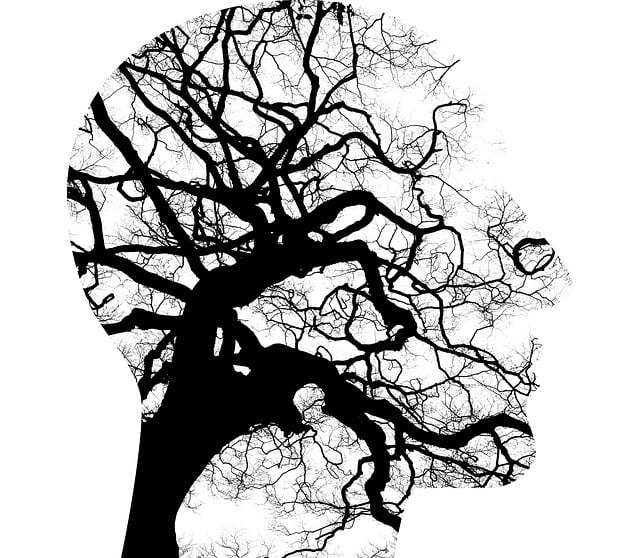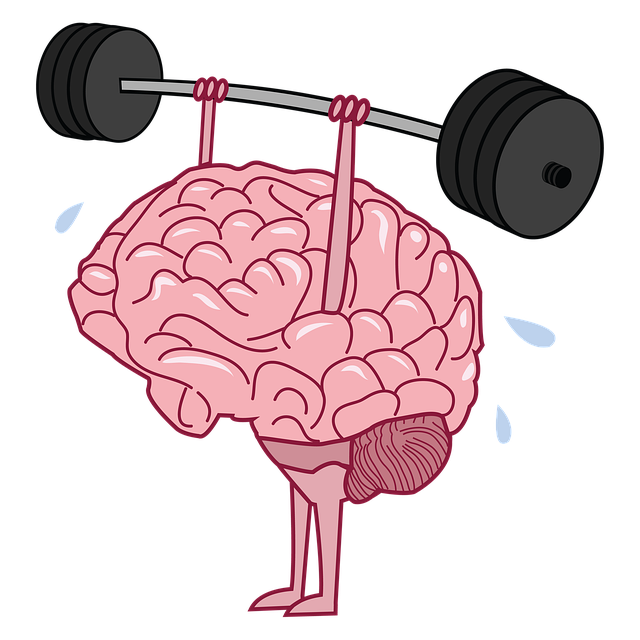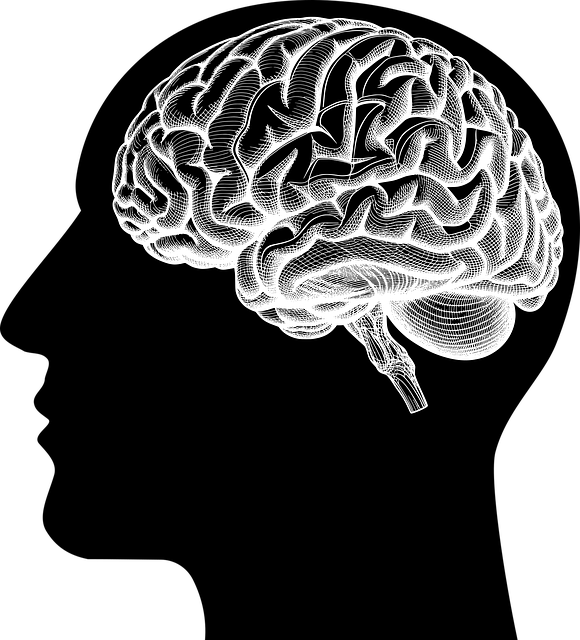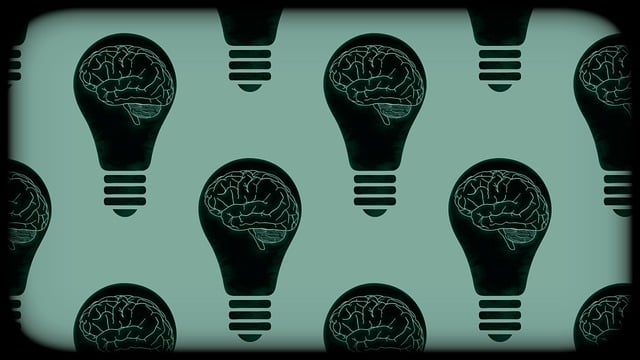Diagnosing mental illness accurately is challenging due to varied symptom presentation, cultural differences, and trauma's often-overlooked role. Wheat Ridge Major Life Transitions Therapy offers a novel approach by focusing on proactive depression prevention through life transitions management, enhancing emotional resilience. Improving diagnosis accuracy requires holistic assessments integrating personal, environmental, and life transition factors, as well as patient perspectives tailored to individual needs. Evidence-based practices, continuous training for healthcare professionals, and stigma reduction are crucial, fostering an environment conducive to early intervention and precise diagnoses, ultimately leading to better mental health outcomes.
Mental illness diagnosis accuracy is a critical aspect of patient care, and continuous improvement efforts are essential. This article explores strategies to enhance diagnostic precision, focusing on the unique approach of Wheat Ridge Major Life Transitions Therapy. We delve into the challenges and gaps in current practices, present evidence-based strategies, and emphasize the importance of integrating patient perspectives for personalized, effective treatment. By considering these aspects, we aim to improve outcomes and support individuals navigating mental health journeys.
- Understanding Mental Illness Diagnosis: Challenges and Gaps
- Wheat Ridge Major Life Transitions Therapy: A Unique Approach
- Enhancing Diagnostic Accuracy: Evidence-Based Strategies
- Integrating Patient Perspectives: Personalized Care for Better Outcomes
Understanding Mental Illness Diagnosis: Challenges and Gaps

Diagnosing mental illness accurately is a complex process fraught with challenges and gaps that often lead to misdiagnoses or delayed treatment. While advancements in mental healthcare have improved diagnostic tools, many factors contribute to the ongoing difficulties. One significant hurdle is the vast spectrum of symptoms that can manifest differently across various individuals, even when experiencing the same condition. For instance, depression may present as intense sadness in one person and irritability in another, making it harder for therapists in Wheat Ridge Major Life Transitions Therapy to pinpoint specific disorders.
Moreover, cultural sensitivity in mental healthcare practice plays a pivotal role in accurate diagnosis. Different cultures have unique beliefs and expressions of distress, which can influence how individuals describe their symptoms. Without cultural competency, therapists might misinterpret or overlook certain behaviors, leading to inappropriate diagnoses. Trauma support services are another critical aspect often overlooked; many mental health conditions stem from traumatic experiences, and providing comprehensive care requires addressing these underlying issues. Additionally, integrating self-care routine development for better mental health into treatment plans can enhance diagnosis accuracy by helping clients recognize their emotional triggers and patterns more effectively.
Wheat Ridge Major Life Transitions Therapy: A Unique Approach

Wheat Ridge Major Life Transitions Therapy offers a unique and innovative approach to mental health treatment. This specialized therapy focuses on navigating significant life changes, providing individuals with tools to manage mood shifts associated with transitions. By addressing these transitions effectively, the therapy aims to prevent or mitigate the onset of depression and other common mental health issues.
The program is designed to enhance public awareness campaigns development, encouraging open discussions about mental illness. Through group sessions and personalized strategies, clients gain insights into their emotional responses during major life events. This proactive approach empowers individuals with mood management skills, ensuring they can better cope with future challenges. By targeting these transitional periods, Wheat Ridge Major Life Transitions Therapy takes a proactive step towards Depression Prevention, ultimately improving diagnosis accuracy and overall mental wellness.
Enhancing Diagnostic Accuracy: Evidence-Based Strategies

Improving mental illness diagnosis accuracy is a multifaceted approach that leverages evidence-based strategies to ensure better patient outcomes. One such strategy is integrating holistic assessments that consider not just symptoms but also personal and environmental factors, as mental health is deeply intertwined with life transitions and overall mental wellness. For instance, Wheat Ridge Major Life Transitions Therapy focuses on the impact of significant changes, like graduation or career shifts, on an individual’s psychological state. By understanding these transitional phases, therapists can more accurately diagnose and treat underlying mental health concerns.
Mental Health Policy Analysis and Advocacy plays a crucial role in promoting such evidence-based practices. Policies that prioritize continuous training for healthcare professionals in diagnostic tools and the latest research can significantly enhance accuracy. Moreover, fostering open conversations about mental wellness and encouraging individuals to seek help without stigma boosts confidence in seeking diagnosis and treatment. Confidence-boosting initiatives, along with informed policies, create an environment conducive to early intervention and precise mental illness diagnosis.
Integrating Patient Perspectives: Personalized Care for Better Outcomes

Integrating patient perspectives is a key strategy to enhance mental illness diagnosis accuracy and improve treatment outcomes. By incorporating personal narratives and unique experiences into clinical practice, healthcare providers can tailor care plans to meet individual needs. This personalized approach recognizes that mental wellness journeys vary greatly from person to person, influenced by factors like cultural background, life transitions, and personal resilience. At Wheat Ridge Major Life Transitions Therapy, for example, therapists work collaboratively with clients to understand their unique stories, fostering a sense of trust and enabling more effective interventions.
This patient-centered care philosophy goes beyond traditional diagnosis methods. It encourages the development of Mental Wellness Coaching Programs that support individuals in managing symptoms, adopting Stress Reduction Methods, and navigating life’s challenges. Moreover, by addressing Mental Illness Stigma Reduction Efforts, this holistic perspective promotes a supportive environment where patients feel empowered to share their experiences openly, leading to more accurate diagnoses and better overall mental health outcomes.
Mental illness diagnosis has seen significant advancements, yet challenges remain. By combining evidence-based strategies with patient perspectives, such as the innovative approach offered by Wheat Ridge Major Life Transitions Therapy, we can enhance accuracy and improve treatment outcomes. Integrating personalized care that considers unique individual experiences is key to navigating the complexities of mental health diagnosis, ensuring folks receive the support they need for a brighter, healthier future.

